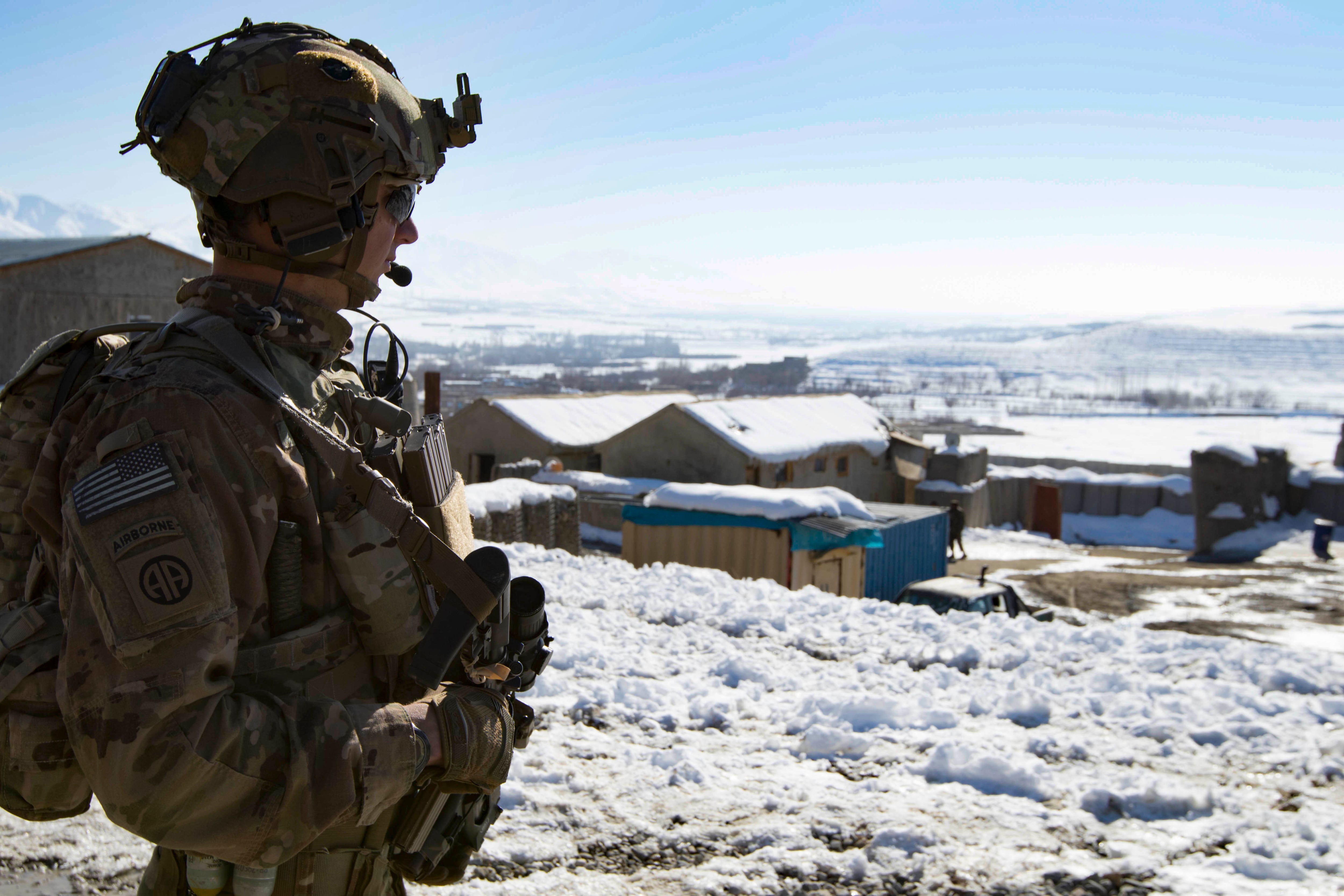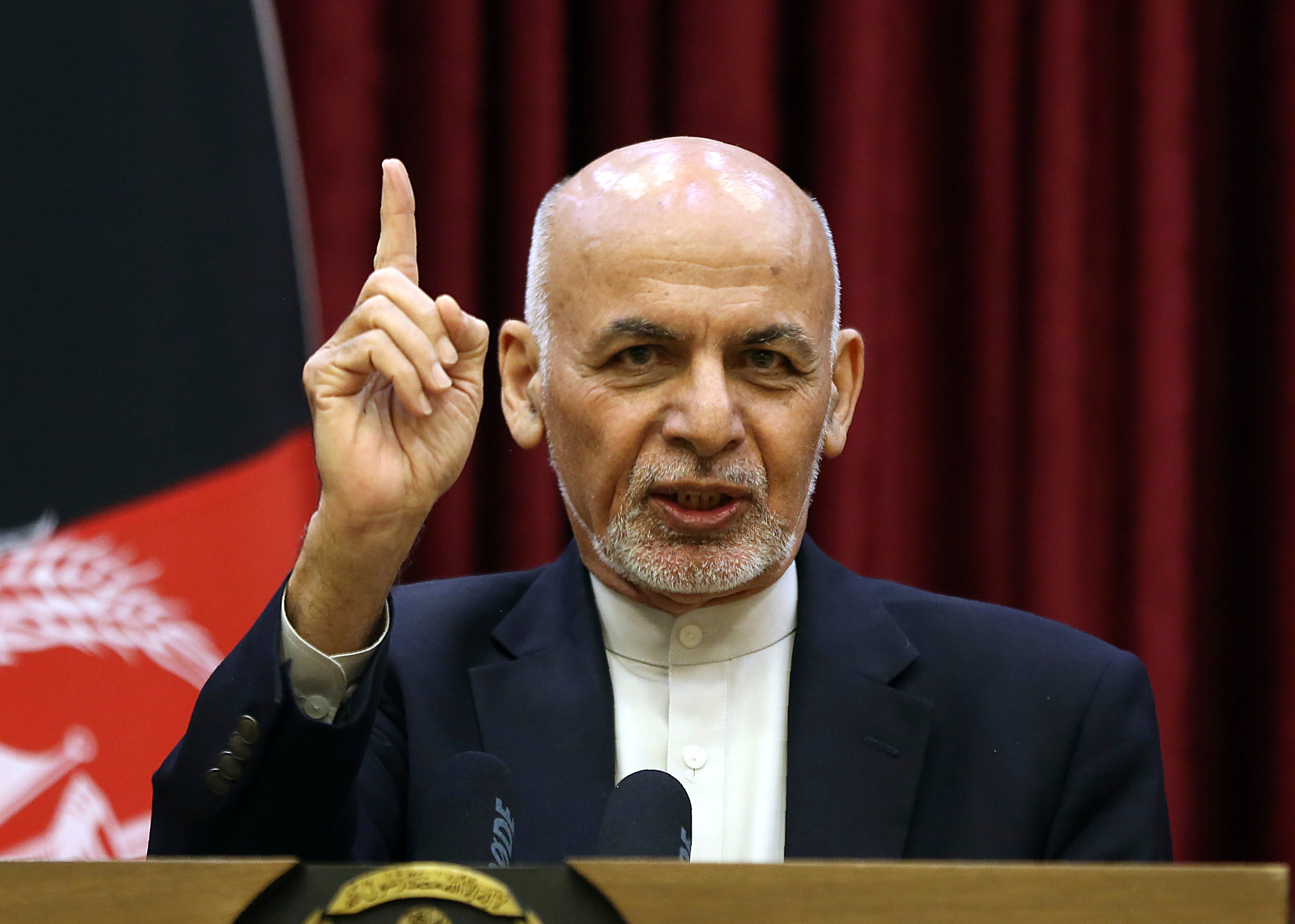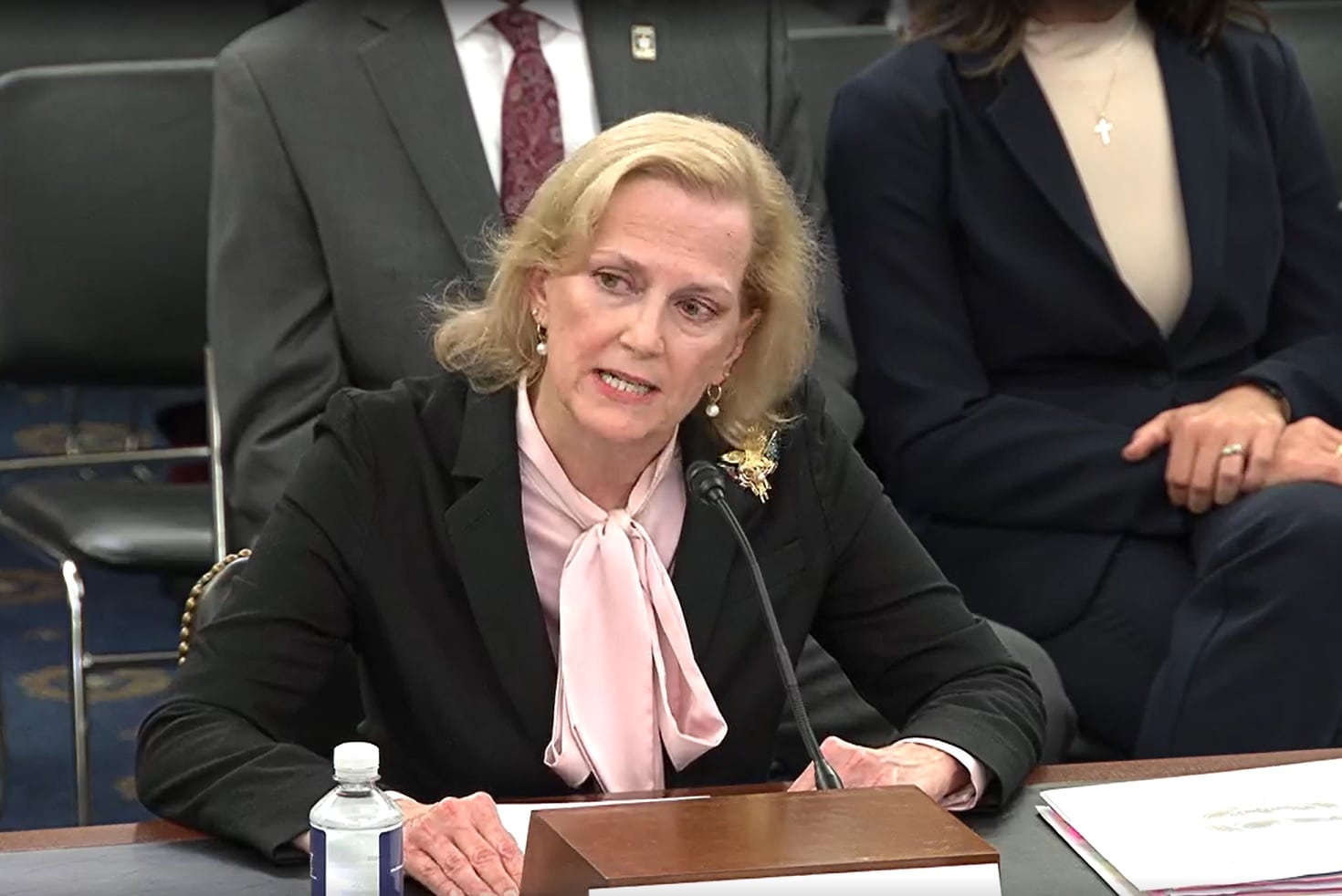Secretary of Defense Mark Esper told reporters at the Pentagon Monday that he has given the U.S. commander in Afghanistan approval to begin a drawdown of American troops in Afghanistan.
Following the signing of a deal with the Taliban on Saturday, the U.S. has agreed to reduce its footprint in Afghanistan to 8,600 within 135 days of the signing and complete a total withdrawal of U.S. forces in 14 months.
That deal is “conditions based,” Esper explained to reporters Monday, but he said the U.S. agreed to start the withdrawal process within the first 10 days of signing the agreement with the Taliban.
There are roughly 13,000 American troops in Afghanistan. The U.S. will reduce its forces to 8,600 over the next several months, then assess the situation and progress of the peace process in Afghanistan, Esper said.
RELATED

The U.S. could pause or delay the withdrawal of American troops if it believes the Taliban are not living up to their commitments in the agreement, Esper explained Monday.
Esper said he gave the approval to Gen. Austin “Scott” Miller, the commander of U.S. forces in Afghanistan, the go-ahead to start drawing down forces but he couldn’t confirm if the drawdown had physically commenced yet.
“Let’s get moving," Esper said about his approval to start withdrawing U.S. troops from Afghanistan. Esper said his decision to commence the drawdown now was a means to show America’s “full faith and effort” in the agreement with the Taliban.

However, there are worrying signs the negotiated settlement between the U.S. and Taliban is slowly unwinding.
Agence France-Presse reported Monday that Taliban spokesman Zabihullah Mujahid announced the end of the reduction in violence against Afghan forces and the resumption of military operations.
Saturday marked the end of the seven-day reduction-in-violence trial period before the signing of the Taliban and U.S. agreement. Taliban forces were able to significantly reduce attacks across the country, ultimately leading to the historic deal with the U.S.
The Taliban’s statement to AFP appears to indicate that the militant group believes the resumption of attacks targeting Afghan forces does not violate the agreement inked with the U.S.
“As per the [US-Taliban] agreement, our mujahideen will not attack foreign forces but our operations will continue against the Kabul administration forces,” Mujahid told AFP.
Esper told reporters Monday that there is an expectation that the reduction in violence would continue and then “taper off” with the signing of the deal, but ultimately intra-Afghan talks will lead to a cease-fire.
“We will take this one day at a time,” Esper said. The peace process in Afghanistan will be “long, windy bumpy road” with starts and stops.
Gen. Mark Milley, the Joint Chiefs chairman, told reporters Monday that the Taliban was not a monolithic entity and that there was no expectation of an “absolute cessation” of hostilities in Afghanistan.
“This is the problem with expectations being raised by officials’ statements that violence reduction would persist while the agreement was explicitly only for 7 days’ reduction, which expired on 29 Feb,” Laurel Miller, a director with Crisis Group, tweeted Monday. Crisis Group is an independent, non-governmental organization that works to prevent wars, according to its website.
Intra-Afghan negotiations are slated to take off on March 10, but those talks could be derailed over disputes regarding a prisoner exchange between the Taliban and Afghan government.
RELATED

The Taliban argues the signed agreement stipulates the exchange of 1,000 Afghan government prisoners held by the militant group for 5,000 Taliban members detained by the Afghan government by March 10 before the start of talks with the Kabul-based government.
The BBC reported that Afghan President Ashraf Ghani has rejected the prisoner exchange. Ghani said that any prisoner swap would come through negotiations with the Taliban and not as a prerequisite for talks with the Afghan government, according to the BBC.
RELATED

Esper explained Monday that the U.S. agreed to help facilitate an exchange of prisoners between the Taliban and Kabul government.
The “best opportunity to end the war is now,” Milley said Monday at the Pentagon.
Esper said the U.S. would continue counterterrorism missions against ISIS and al-Qaida across Afghanistan despite the drawdown.
Shawn Snow is the senior reporter for Marine Corps Times and a Marine Corps veteran.





